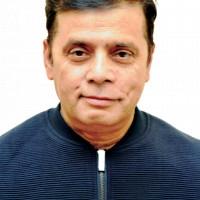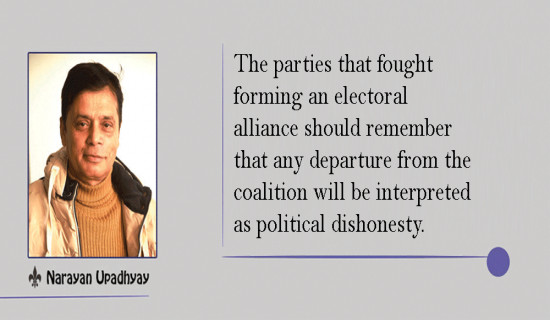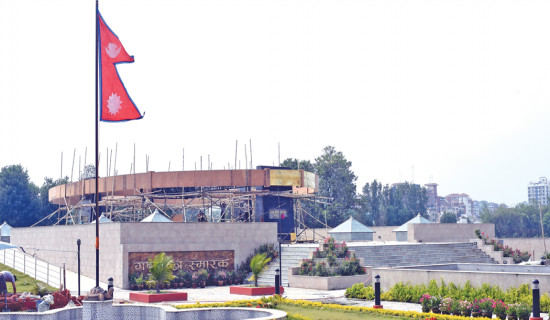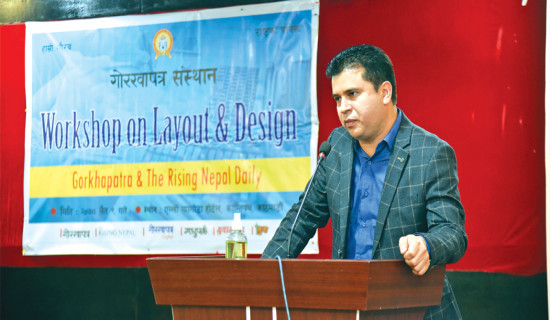- Thursday, 26 February 2026
Lamichhane Stares At Uncertain Future
Rabi Lamichhane, president of the Rastriya Swatantra Party (RSP), suffered an embarrassing exit from what appeared to be a promising political career due to the allegations he is now facing. Police in Kaski docum
Responsible Journalism: A Work In Progress
Journalism, widely hailed as the fourth pillar of democracy, has enormous power in influencing society by cultivating public opinion on all significant topics of the past, present, and future. The Nepali media is no differen
Constitution Reforms For Efficient Governance
A constitution is a framework that leads a country through the various stages of its political, social, and economic development. Constitutional experts say regular evaluations and revisions are not indicativ
Public Land Encroachment: A Challenge To Authorities
Encroachment and land grabbing on public lands have become the biggest worries in our country. Public land is illegally occupied, used, or appropriated by an individual, persons, or institution, which has created considerable difficulties
Bad Roads, Rash Driving Push Safety To Back Seat
In our country, road accidents that claim the lives of several innocent travellers or pedestrians happen almost every day. Road and highway accidents involving various types of vehicles lead to more deaths than any other cause. When the monsoon arrives, the number of such accidents and deaths doubles.
Opportunities And Challenges In Digital Era
Gorkhapatra daily is a reputed and respected newspaper in Nepal's vibrant media landscape, with a long history dating back to its initial publication on May 6, 1901. For nearly a century, th
Playing Second Fiddle To Nepali-language Counterparts
Taking advantage of the freedom given by the federal democratic constitution, media of all hues and stripes have flourished enormously in the country over the years. Aside from the traditional media landsc
Race For PM: Let Rationality Prevail
Even after failing to secure a clear majority in the November 20 election, the Nepali Congress and the CPN-Maoist Centre, the two ruling alliance partners, are currently in a race to form a new government under their leadership. The race looks to have heated after the President's Office urged the parties representing in House of Representatives (HoR) to stake their claim to form a new government by next Sunday.
Debate Over President's Bill Refusal
President Bidya Devi Bhandari's refusal to authenticate the bill that sought to amend the Citizenship Act, 2006 has opened floodgates of debate about whether our constitution allows the titular head of state to act in ways that the country's constitution does not allow.
Republic Has Grown Stronger, Vibrant
Since the 240-year-old monarchy was abolished some one and a half decades ago, skepticism is still rife about whether the republican system will sustain in the country. The cynicism appears to be entrenched in the false notion that Nepal cannot do away with the institution of hereditary monarchy for long. Pro royalists frequently deride our democratic republican and federal system of governance, albeit for no substantial reasons.
Despite Challenges, Gorkhapatra Marches Ahead
Newspapers these days have encountered threats of different hues. The explosion of social media and online news outlets has led to a shrinkage of newspapers around the world. In recent years, coronavirus pandemic hit the newspaper business hard while the shortage of newsprints in Nepal and the global market buffeted the publishers.













